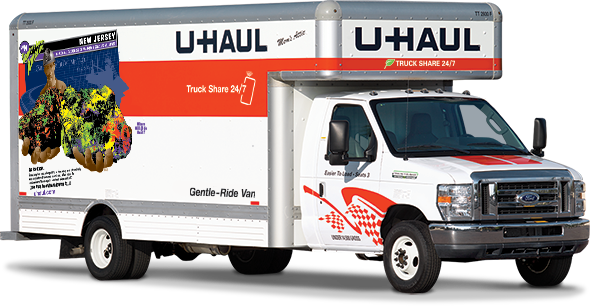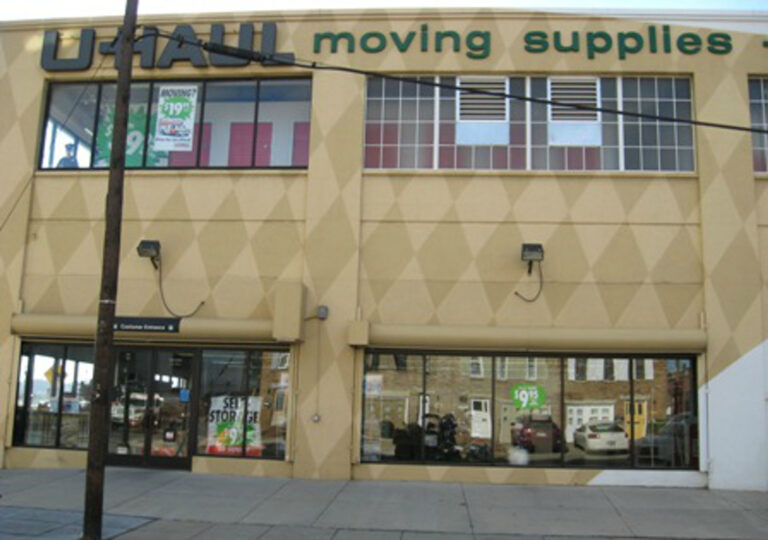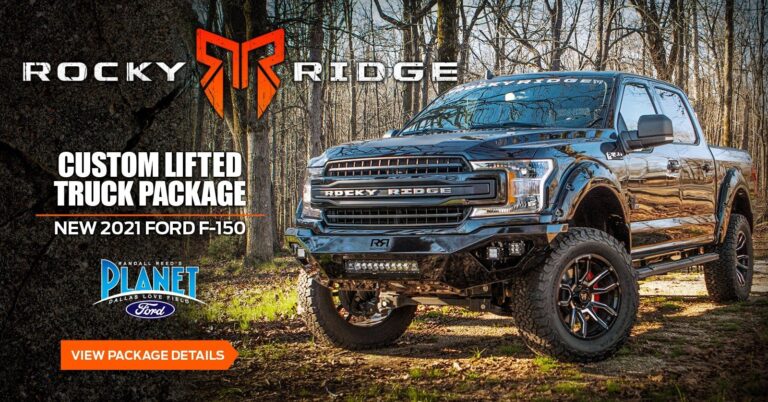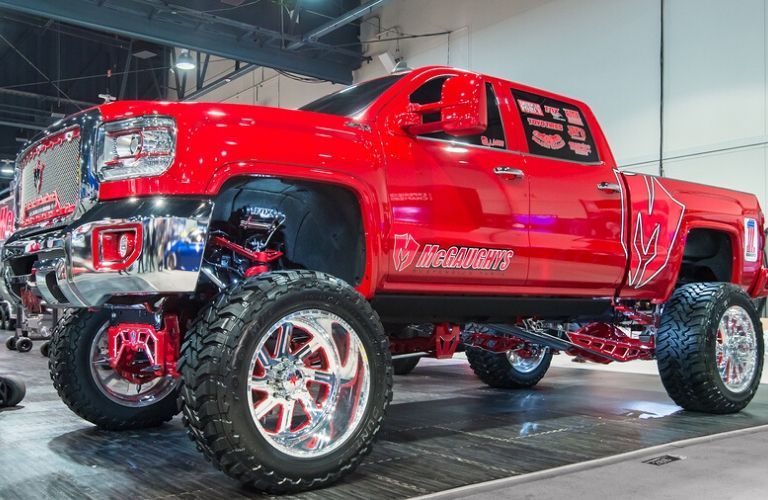The U-Haul Dealer Network: The Backbone of DIY Moving
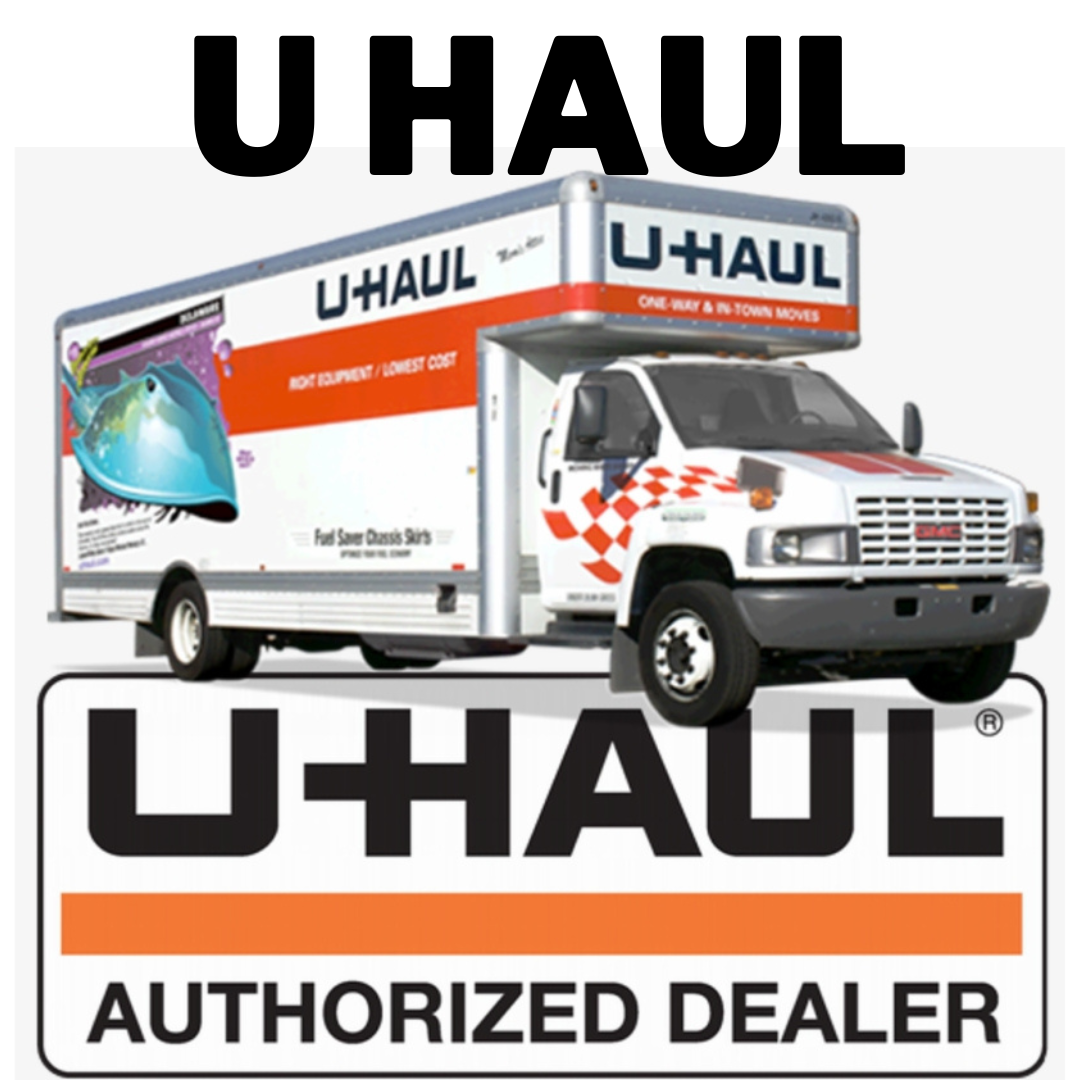
The U-Haul Dealer Network: The Backbone of DIY Moving
In the vast landscape of do-it-yourself (DIY) moving, one name stands synonymous with accessibility and convenience: U-Haul. But behind the iconic orange trucks and trailers lies a sophisticated and expansive infrastructure – the U-Haul dealer network. This intricate web of independent businesses, partnering with U-Haul, is not merely a collection of rental locations; it is the vital circulatory system that allows U-Haul to serve millions of customers annually, reaching into nearly every corner of North America. It transforms local gas stations, convenience stores, auto repair shops, and self-storage facilities into essential hubs for movers, making the often-stressful process of relocation a little less daunting and a lot more local. Understanding this network is key to appreciating U-Haul’s enduring market dominance and the unique opportunities it presents for both businesses and consumers.
What is the U-Haul Dealer Network?
At its core, the U-Haul dealer network comprises thousands of independent, locally-owned and operated businesses that have partnered with U-Haul to offer its rental equipment and services. Unlike a traditional franchise model, U-Haul’s dealer program emphasizes a symbiotic relationship where the dealer leverages U-Haul’s brand, equipment, and logistical support, while U-Haul gains unparalleled market penetration without the overhead of owning every single retail outlet.
These dealers are not just storefronts; they are integrated service points for U-Haul’s entire ecosystem. They facilitate the rental and return of trucks, trailers, and towing equipment, sell moving supplies like boxes and packing tape, and sometimes even offer hitch installations or self-storage referrals. This distributed model allows U-Haul to provide convenient access to its services in urban centers, suburban neighborhoods, and even remote rural areas where a dedicated U-Haul Moving & Storage Center might not be economically viable. The diversity of businesses within the network – from family-run hardware stores to bustling auto service centers – speaks to the flexibility and adaptability of the program, making U-Haul an omnipresent force in the moving industry.
The Benefits of Becoming a U-Haul Dealer
Becoming a U-Haul dealer offers a compelling proposition for independent business owners, U-Haul itself, and, most importantly, the end-user.
For the Dealer: A Win-Win Partnership
For the independent business owner, partnering with U-Haul presents numerous advantages:
- Revenue Diversification & Supplemental Income: Dealers earn commissions on every rental, sale of moving supplies, and often on hitch installations or self-storage referrals. This creates a valuable new revenue stream that complements their existing business.
- Increased Foot Traffic: The U-Haul brand is a powerful magnet. Customers seeking moving equipment or supplies will visit the dealership, often leading to impulse purchases from the dealer’s primary business (e.g., gas, snacks, auto services).
- No Franchise Fees or Capital Investment: Unlike many franchise opportunities, U-Haul does not charge initial franchise fees, nor do dealers need to purchase the rental equipment. U-Haul provides the trucks, trailers, and other rental items, significantly reducing the startup barrier.
- Brand Recognition & Marketing Support: Dealers immediately benefit from U-Haul’s nationally recognized brand, extensive advertising campaigns, and online presence, attracting customers without additional marketing costs.
- Utilizing Existing Resources: The program allows businesses to leverage existing space (parking lots), staff, and utilities, maximizing their current assets.
- Community Engagement: Dealers provide a valuable local service, becoming an essential part of their community’s infrastructure for moving and transportation needs.
For U-Haul: Unparalleled Reach and Flexibility
The dealer network is a strategic cornerstone for U-Haul’s business model:
- Vast Geographical Reach: It enables U-Haul to maintain a presence in virtually every city and town, far beyond what company-owned stores could achieve, ensuring convenience for customers nationwide.
- Scalability and Adaptability: The network allows U-Haul to rapidly expand or contract its service points based on market demand without significant capital expenditures on property or new construction.
- Local Market Knowledge: Dealers, being local business owners, possess an intimate understanding of their community’s needs and dynamics, which can be invaluable for U-Haul’s operations.
- Cost Efficiency: By partnering with existing businesses, U-Haul reduces its operational overhead for each location, allowing for more competitive pricing and broader service availability.
For the Customer: Convenience and Accessibility
Ultimately, the customer is the biggest beneficiary:
- Unmatched Convenience: With thousands of locations, customers can find a U-Haul pick-up or drop-off point often within minutes of their home or destination.
- Flexible Options: More locations mean a greater chance of securing the right equipment at the right time and place.
- Local Support: Customers benefit from the personal touch and local expertise offered by independent dealers.
How to Become a U-Haul Dealer: A Step-by-Step Guide
Becoming a U-Haul dealer is a straightforward process designed to integrate new partners efficiently.
- Initial Inquiry: Interested business owners can begin by visiting the U-Haul website’s "Become a Dealer" section or contacting U-Haul directly.
- Application Submission: An online application collects basic information about the business, its location, and the owner’s contact details.
- Site Evaluation: A U-Haul representative will conduct a site visit to assess the property’s suitability, including available parking space for equipment, accessibility, and the general business environment. They will also discuss the potential for increased foot traffic and the owner’s vision for the partnership.
- Agreement & Training: Once approved, a dealer agreement is signed. U-Haul provides comprehensive, free training for the dealer and their staff. This typically includes online modules and hands-on instruction covering reservation systems, equipment check-out/check-in procedures, basic maintenance checks, customer service protocols, and moving supply sales.
- Equipment Delivery & Setup: U-Haul delivers the initial inventory of trucks, trailers, and moving supplies. Dealers are provided with the necessary computer equipment and software to manage rentals.
- Ongoing Support: Dealers receive continuous support from U-Haul’s field teams, customer service centers, and online resources, ensuring they have the tools and assistance needed to succeed.
Key Requirements for Prospective Dealers:
- A physical business location with adequate parking space for U-Haul equipment.
- Reliable internet access and basic computer literacy.
- A strong commitment to customer service.
- Availability of staff to manage U-Haul operations during business hours.
Managing a U-Haul Dealership: Key Considerations
Operating a U-Haul dealership requires diligence and a focus on customer satisfaction.
- Operations Management: Dealers are responsible for managing reservations, accurately checking out and checking in equipment, performing quick visual inspections, and ensuring moving supplies are stocked. U-Haul’s proprietary software simplifies these tasks.
- Exceptional Customer Service: This is paramount. Dealers represent the U-Haul brand locally. Friendly, efficient service, clear communication, and a willingness to assist customers with their moving needs build loyalty and positive reviews.
- Equipment Readiness: While U-Haul handles major maintenance, dealers are expected to ensure equipment is clean, fueled (if applicable), and ready for the next rental. This includes checking tires, lights, and general cleanliness.
- Space Optimization: Efficiently managing parking space for U-Haul equipment is crucial, especially for businesses with limited areas. This might involve strategic placement and rotation of trucks and trailers.
- Staffing & Training: Ensuring that all staff who interact with U-Haul customers are fully trained and knowledgeable is vital. Regular refreshers can be beneficial.
- Leveraging Marketing: While U-Haul provides national marketing, dealers can enhance their local presence by promoting U-Haul services within their existing customer base and through local community channels.
Potential Challenges and Solutions:
- Seasonal Demand Fluctuations: Moving is highly seasonal. Dealers must be prepared for peak periods (e.g., summer, end of month) and understand that equipment availability can vary. Proactive communication with customers and U-Haul’s dispatch can mitigate issues.
- Equipment Availability: Occasionally, specific equipment types might be scarce. Dealers should set realistic expectations with customers and utilize U-Haul’s system to find alternatives.
- Customer Issues: Dealing with upset customers or equipment problems requires patience and problem-solving skills. U-Haul provides support lines for complex issues.
- Staff Turnover: New staff require training, which can be time-consuming. Utilizing U-Haul’s comprehensive online training modules can streamline this.
Types of U-Haul Dealer Operations
The flexibility of the U-Haul dealer program allows for various operational models:
- Full-Service Dealers: These locations offer the complete range of U-Haul services, including trucks, trailers, towing equipment, and a wide selection of moving supplies. They often have dedicated space for equipment and staff trained across all offerings.
- Limited-Service Dealers: Some businesses may choose to offer only a subset of services, such as just trailers, or exclusively moving supplies. This is common for smaller businesses with less available space.
- Self-Storage Partnerships: Many U-Haul dealers are also self-storage facilities. This creates a powerful synergy, as customers often need both moving equipment and storage solutions.
- Mobile Dealer Options: While less common for full-scale equipment rentals, U-Haul has explored mobile solutions or limited service points in very remote areas, demonstrating its commitment to reach.
Practical Advice for Prospective and Current Dealers
For anyone considering or currently operating a U-Haul dealership, here’s some actionable advice:
- Do Your Homework: Thoroughly understand the commitment required. While low-cost, it demands time and attention.
- Embrace U-Haul’s Resources: Utilize the free training, marketing materials, and dedicated support lines. They are designed to help you succeed.
- Prioritize Customer Service: Your local reputation will directly impact your success. A friendly, efficient, and helpful approach will differentiate your dealership.
- Optimize Your Space: Plan your parking and equipment flow carefully to ensure efficiency and safety, even if space is limited.
- Stay Organized: Keep accurate records, track inventory, and manage reservations meticulously to avoid errors and ensure smooth operations.
- Be Proactive: Address potential issues with equipment or customer concerns quickly. Good communication can prevent small problems from escalating.
- Network: If possible, connect with other U-Haul dealers in your area or online. Sharing experiences and best practices can be invaluable.
- Integrate with Your Core Business: Look for ways the U-Haul operation can enhance your primary business, beyond just the direct revenue.
Financial Overview for Prospective U-Haul Dealers
Becoming a U-Haul dealer is unique in that it requires no initial franchise fees or equipment purchase, making it an accessible opportunity for many small businesses. The financial model is primarily commission-based.
| Item/Description | Typical Cost/Investment for Dealer | Potential Earnings/Benefits for Dealer |
| Initial Dealer Fees | $0 (None) | Commissions on Rentals: Earn 10-20% of the rental rate for U-Haul trucks, trailers, and towing equipment. These rates vary based on location, equipment type, and rental duration.

